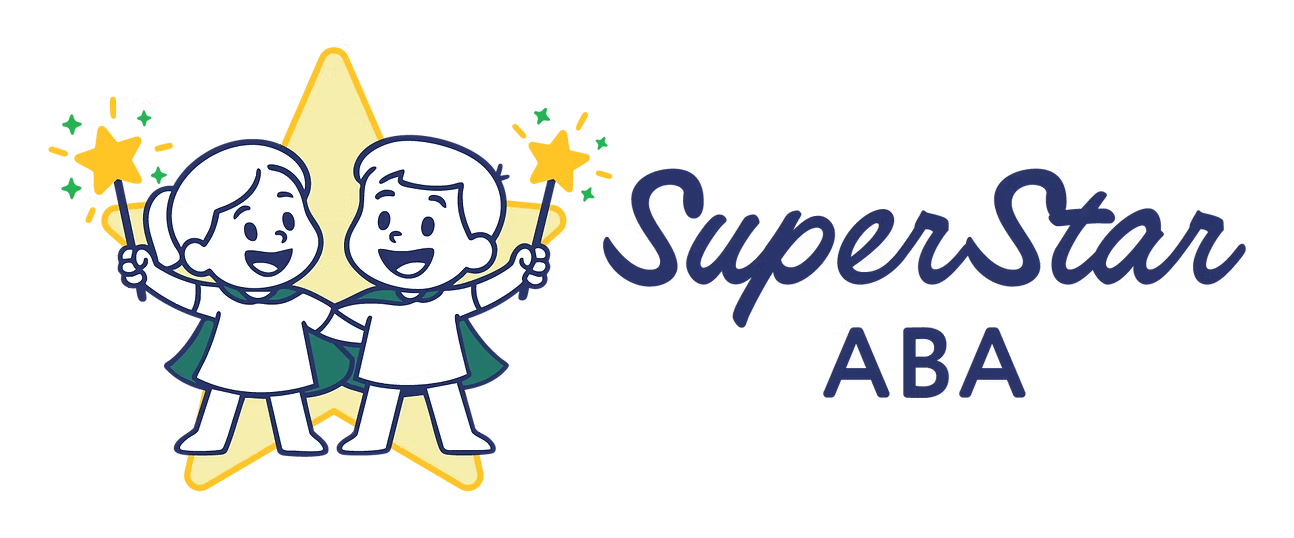How We Process to ABA Therapy

Intake & Authorization
From the moment you submit an intake request, the process of obtaining insurance authorization and beginning services typically takes 4–8 weeks, depending on family availability and insurance timelines. Once we receive your child’s diagnostic report and insurance ID, we immediately submit a request for assessment approval to your insurance provider. This step usually takes 7–10 business days.

Treatment Plan Development
Following the assessment, a detailed report is prepared and signed by parents before being submitted to insurance for final approval. This stage generally takes an additional 2–3 weeks. Once services are approved, we collaborate with you to set a start date—often as soon as the following Monday.

Individualized Treatment Plan
Every child’s plan is tailored to their developmental profile. Treatment may focus on communication, play, self-care routines (toileting, dressing, hygiene), social interaction, and school readiness. When needed, Functional Behavior Assessments (FBA) and Behavior Intervention Plans (BIP) are included to address specific challenges.



Getting Started


.png)

Get Connected




